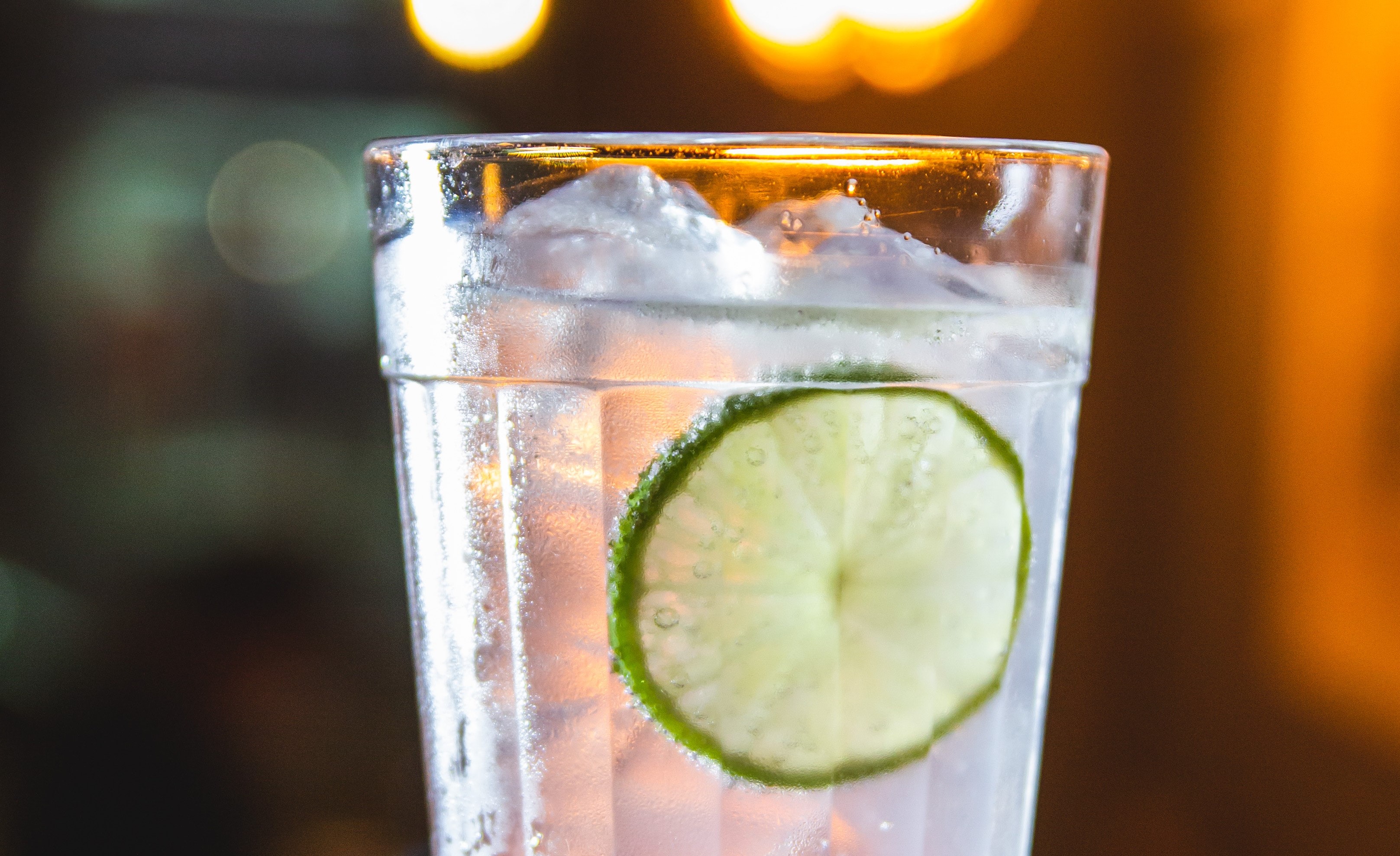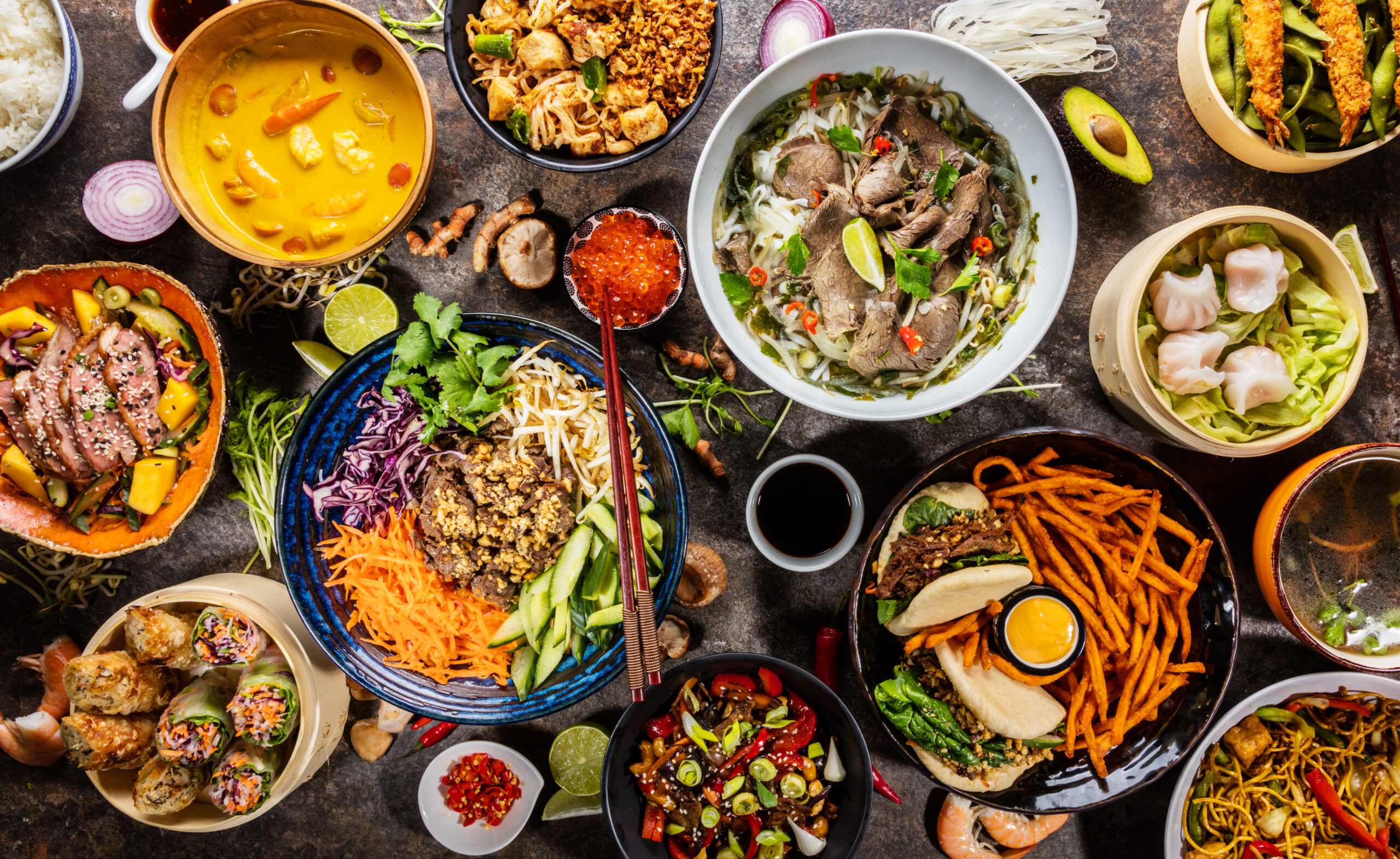
ELLIOT MERCIER
Oh how times can change within the short span of a year. Once lauded as a step in the right direction, The Cannabis Control Commission is now often seen by consumers and business owners as a tedious, unsatisfactory and ultimately frustrating institution that never seems to do enough to improve or innovate. In other words, green advocates and sellers now have their own personal version of the DMV: a place of necessity in the big picture but filled to the brim with annoyances and is about as pleasant to negotiate with as a person who doesn’t listen to anything you say and periodically dumps hot tea on your thigh. At the time of writing, a few of the Commission’s public meetings have been disrupted by protesters accusing the institution of devolving into favoritism and only allowing big businesses to have access to necessary information.
Neighborhoods relying on dispensaries to relieve the effects of drug crime are understandably furious at the lack of proper guidance, leading to the high possibility of their humble shops never being made or being launched on faulty grounds that will inevitably collapse. A lack of faith in upcoming businesses and new entrepreneurs is likely to instill further distrust in the government facility than was already present. Perhaps the lack of communication can be blamed on the overwhelming amount of requests the CCC gets for aspiring green sellers as the years go on, but ambiguity is frustrating for any venture and infuriating to participants.
In other, much more optimistic ventures, it seems that those who would like to experience the effects of THC and CBD without having to smoke it will finally have an option outside of pot brownies. Ever thought about just simply drinking something infused with THC to get the desired high? No? Well now that’s an option that might very well become commonplace in 2020. A cannabis beverage shop called TINC has already opened in Georgetown and several big alcohol companies are vying to get in on the cannabis pie.
There could be a surplus of these niche shops showing up within the latter half of the year. Most of these stores would likely have to go through extensive licensing procedures if they were to sell alcohol alongside the purely THC based products. The licenses for alcohol and marijuana require separate processes and might incentivize a different screening method. For example, if someone consumes too much of a drink containing both substances, what should they be charged with if the individual is operating a motor vehicle? Alcohol and THC being within the same beverage will likely be heavily discouraged. Improper sign postage in those situations could lead to a green-out, an occurrence in which the effects of marijuana are too strong for the brain to handle, leading to hypermanic activity or paranoia.
If the CCC can provide businesses with transparency, productivity in the market will undoubtedly soar, but long term survival will be the ultimate test for entrepreneurs.






